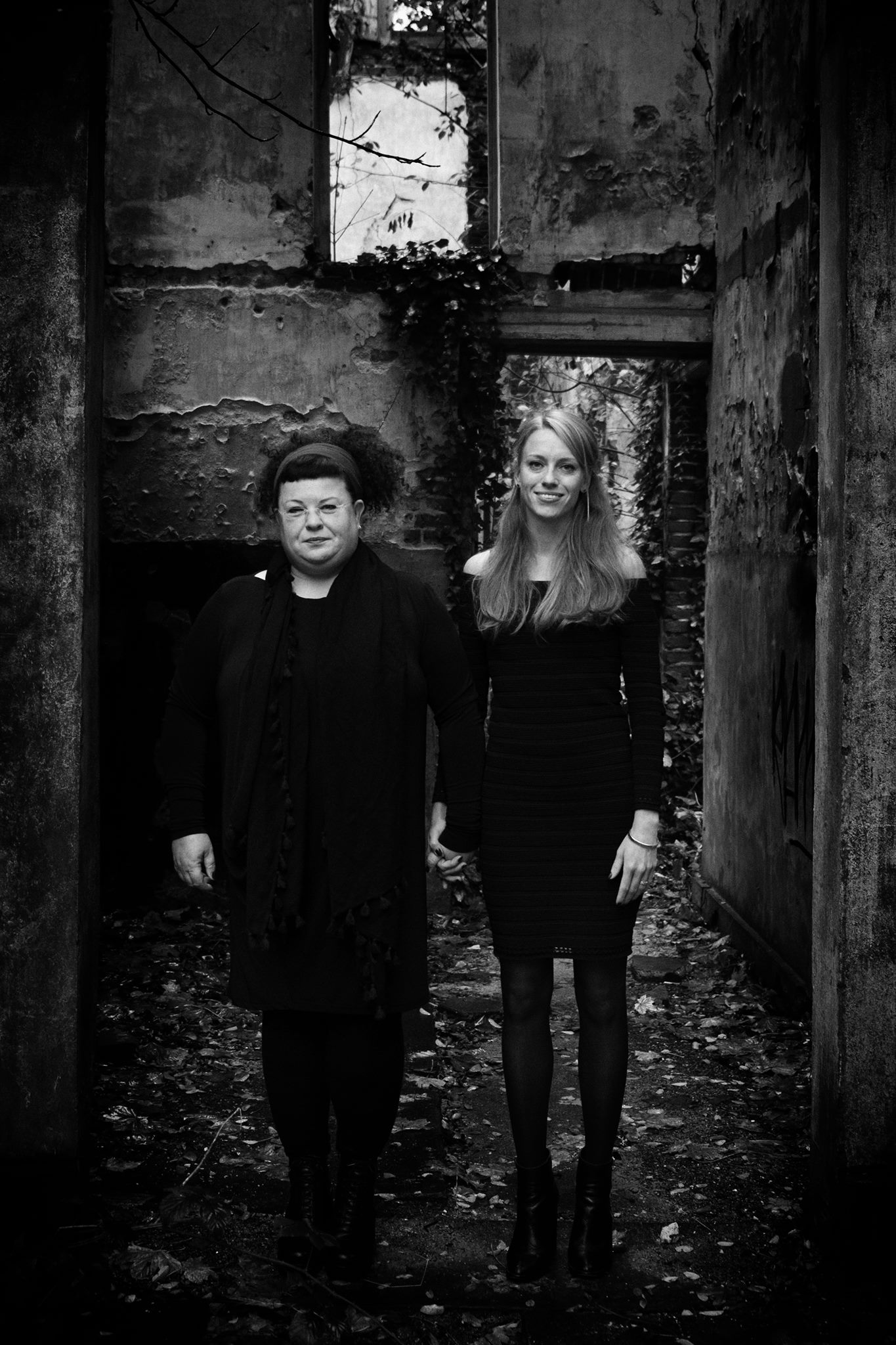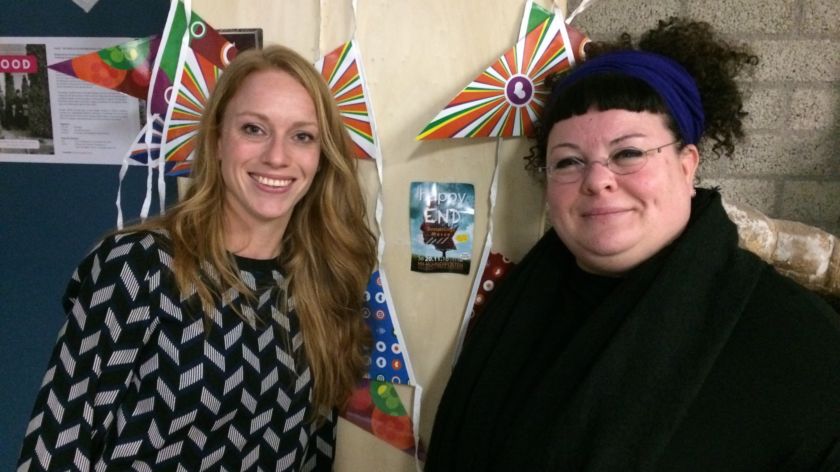‘Death sisters’ write funeral book
Claudia Venhorst and Brenda Mathijssen have a remarkable university job. They constantly visit funerals. As thanatologists, their expertise is death. Today, they publish a book about Dutch funeral rituals.
The death sisters. That is how Claudia Venhorst and Brenda Mathijssen are called amongst their students. They are a remarkable duo – completely different in appearance, but alike in their fascination for our mortality. Since they both work as thanatologists (death experts), they constantly visit funerals, but even in their vacations they visit graveyards.
‘For everybody who works with death on a daily basis and for everybody who expects to die someday’
Today, their first public publication, a book, launches under the inevitable title Dood (Death). For whom this book is written? ‘For everybody who works with death on a daily basis and for everybody who expects to die someday’, according to Venhorst. Yes, they do have humor. Black humor. They refer to the corner on the seventeenth floor of the Erasmus Building, where their office is located, as ‘dode hoek‘ (literally ‘dead corner’, meaning blind spot, ed.) and in front of their door they keep a coffin, decorated with plastic party flags. Life is a party.
Ashes as a tattoo
The book, however, is not a joke. Venhorst and Mathijssen realised that there was no reference book for the Dutch funeral traditions. Even though these traditions are unique in the world. Mathijssen: ‘The Dutch funeral world is known as progressive.’ This is connected to secularisation. For a long time, religion had a monopoly on meaning and rituals around death. Since people turn their backs on the church more and more, funeral parlours fill that hole. ‘They change the funeral world’, says Mathijssen. They do this to serve their customers, although they themselves will not speak of customers. They call them ‘members’.
 A lot is possible in the Netherlands. If you want to, you can stay with the deceased’ coffin until it goes into the oven. You can spread the ashes or use them in a tattoo. Abroad, people look at these progressive practices with interest. The Netherlands is unique in more than one way. For example, the period between the time of death and the funeral is very short: a maximum of six days. This is laid down by law and leads to an intense and structured preparation for the farewell.
A lot is possible in the Netherlands. If you want to, you can stay with the deceased’ coffin until it goes into the oven. You can spread the ashes or use them in a tattoo. Abroad, people look at these progressive practices with interest. The Netherlands is unique in more than one way. For example, the period between the time of death and the funeral is very short: a maximum of six days. This is laid down by law and leads to an intense and structured preparation for the farewell.
Andrea Bocelli
Venhorst and Mathijssen focus on funeral rituals for years now. How do they think of their own goodbye? Venhorst: ’the weird thing is, that I think of that as less and less important. I leave the choice to my relatives; it has to be good for them. You have no idea when it is your turn and who will be there to arrange your funeral, so there is no use in planning too much.’
Mathijssen agrees with her fellow sister. She does know one thing: the song Time to say goodbye by Andrea Bocelli will not be played on her funeral. ‘If you hear that six times a day on several funerals, you think ‘no’.’


